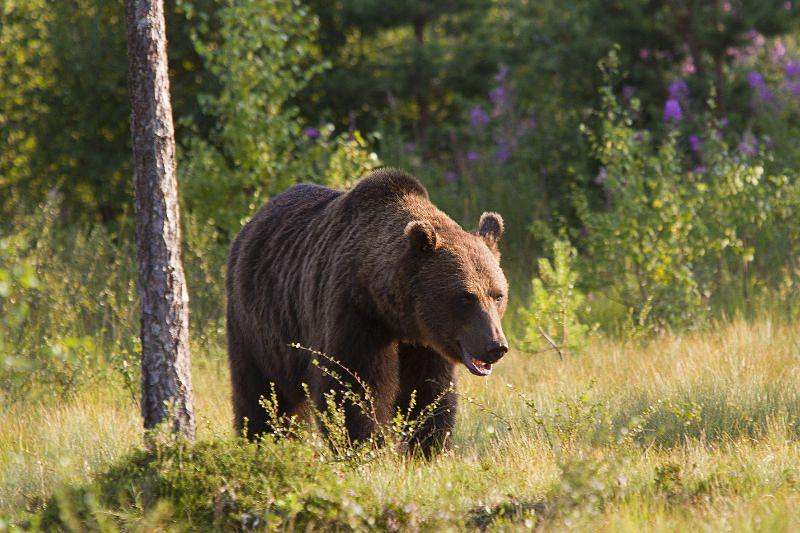Romania stops the hunting of brown bears, wolves and wildcats

Romania’s Environment Ministry cancelled an order that allowed hunting almost 1,700 protected wild animals, after a strong opposition from local environmental organizations and negative reactions in the social media.
Environment minister Cristina Pasca Palmer announced on Tuesday, October 4, that the ministry would not issue the order. This means that protected species such as brown bears, wolves, and wildcats will no longer be hunted in Romania. The only exceptions will be the cases in which the animals cause damages or become a threat to humans. However, these cases will be managed by a newly created state agency called the Wildlife Emergency Service – SUAS. The service will be authorized to shoot the animals if necessary.
The Environment Ministry will also set up a work group that will find the best ways to assess the big carnivore populations in Romania and come up with proposals to manage these animals. The ministry will base its future decisions on the conclusions and proposals of this group, after they are validated by the Romanian Academy.
An Environment Ministry order draft, which was published for public debate at the end of September, proposed waivers to the European directives to allow hunting 552 brown bears, 657 wolves, and 482 wildcats, all protected species. The ministry explained that similar orders, which allowed the hunting of thousands of animals from protected species had been issued in previous years with no public consultations, and said it wanted the order transparently debated this year.
Environmental organizations WWF Romania, ACDB, and Milvus Group opposed the order and launched an online petition to raise signatures and get the Environment Ministry to cancel it. Over 30,000 people signed the online petition while some 5,000 sent messages to the Environment Ministry asking not to issue the order.
The Environment Ministry explained that the order was based on a study made by the Transylvania University in Brasov, which showed that the shooting of the 1,700 animals was necessary to keep the populations under control and fight off the damages they produce. However, the environmental organizations questioned both the study and the purpose of the order.
The damages caused by wolves amount to RON 66,779 (some EUR 15,000), and those caused by bears - to RON 783,018 (EUR 176,000), according to the study. No damages were registered for lynx and wild cats. “Put into the context of millions of euros generated by the hunting industry for the same species - a bear trophy is worth EUR 8,000 on average - the motivation behind this order is at least questionable,” reads a WWF Romania statement.
The prosecutor’s office attached to the Brasov Court of Appeal has started an investigation on how the study was made.
About 5,000 wild animals from protected species were “harvested” in Romania between 2007 and 2015 based on orders issued by the Environment Ministry. The hunted animals included 2,374 brown bears, 1,586 wolves, and 898 wildcats. Some 120 lynxes were also hunted between 2007 and 2012.
Romania has some 6,500 brown bears, 3,000 wolves, and over 10,000 wildcats, according to unofficial estimates, reports local Gandul.info.
Romanian central bank governor leads hunting agency
More than 6,000 bears roam Romania’s forests
editor@romania-insider.com















